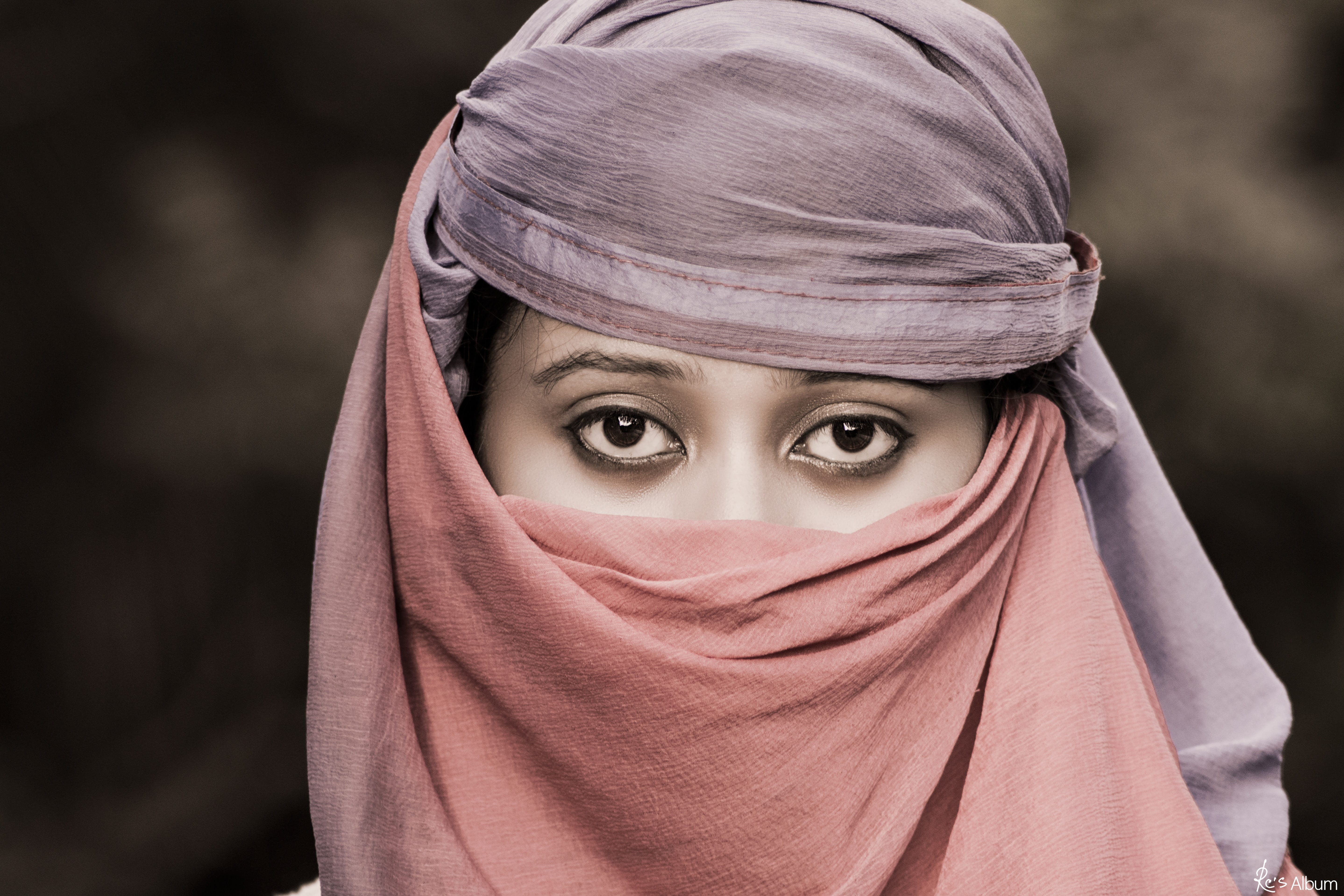Campaigners Petition Indian Government to Change Marital Rape Law
In India, marital rape is currently not a crime and the section of Indian Penal Code that outlaws rape includes an exception which states “sexual intercourse to sexual acts by a man with his own wife, the wife not being under fifteen years of age, is not rape.” However, campaigners and victims are hoping to change that.
Petitioners have teamed up to challenge the law and are now being heard by the Delhi High Court. They have requested that marital rape be made illegal on the grounds that sexual violence violates human rights. Campaigners argue that in many other areas of the world, women are much more liberated sexually and are not required to submit to the desires of their husbands. The Indian laws require change.
“The law as it stands today amounts to a state-sanctioned license granted to the husband to violate the sexual autonomy of his own lawfully wedded wife,” one woman, wishing to remain anonymous, said. The same woman appeared on television, her face nearly completely covered, claiming to have been the victim of brutal beatings and cruel sexual encounters.
A judge has poignantly asked for the government’s opinion of the issue of marital rape, despite backlash from several men’s charity organizations who believe criminalizing this form of rape would put men in a compromised position. Many Indian leaders also feel that any change to the law would be at odds with their traditional culture.

The government lawyers’ submission states: “What may appear to be marital rape to an individual wife may not appear so to others. As to what constitutes marital rape and what would constitute marital non-rape, it needs to be defined precisely before a view on its criminalization is taken.”
The government has also stated changes to rape law should not happen without “broad based social consensus,” adding, “That the fact that other countries, mostly western, have criminalized marital rape does not necessarily mean India should also follow them blindly.”
In other words, the law should not be altered until there are measures in place to “ensure adequately that marital rape does not become a phenomenon that may destabilize the institution of marriage [and become] an easy tool for harassing husbands”.
The grounds for “marital immunity” in Indian rape law were originally laid by Chief Justice Sir Matthew Hale in The History of the Pleas of the Crown many moons ago. His opinion was published in 1736, 60 years after his death. Hale wrote, “The husband cannot be guilty of a rape committed by himself upon his lawful wife, for by their mutual matrimonial consent and contract the wife hath given up herself in this kind unto her husband, which she cannot retract.”
The Research Institute for Compassionate Economics found that 98 percent of rapes of Indian women were committed by their husbands, and marital rape is far more common in this area of the world than rapes committed by individuals outside of the marriage. The Gates/Clinton foundations’ No Ceilings Report found that one in three men in developing countries has admitted to forcing sexual intercourse with his wife.


Join the conversation!